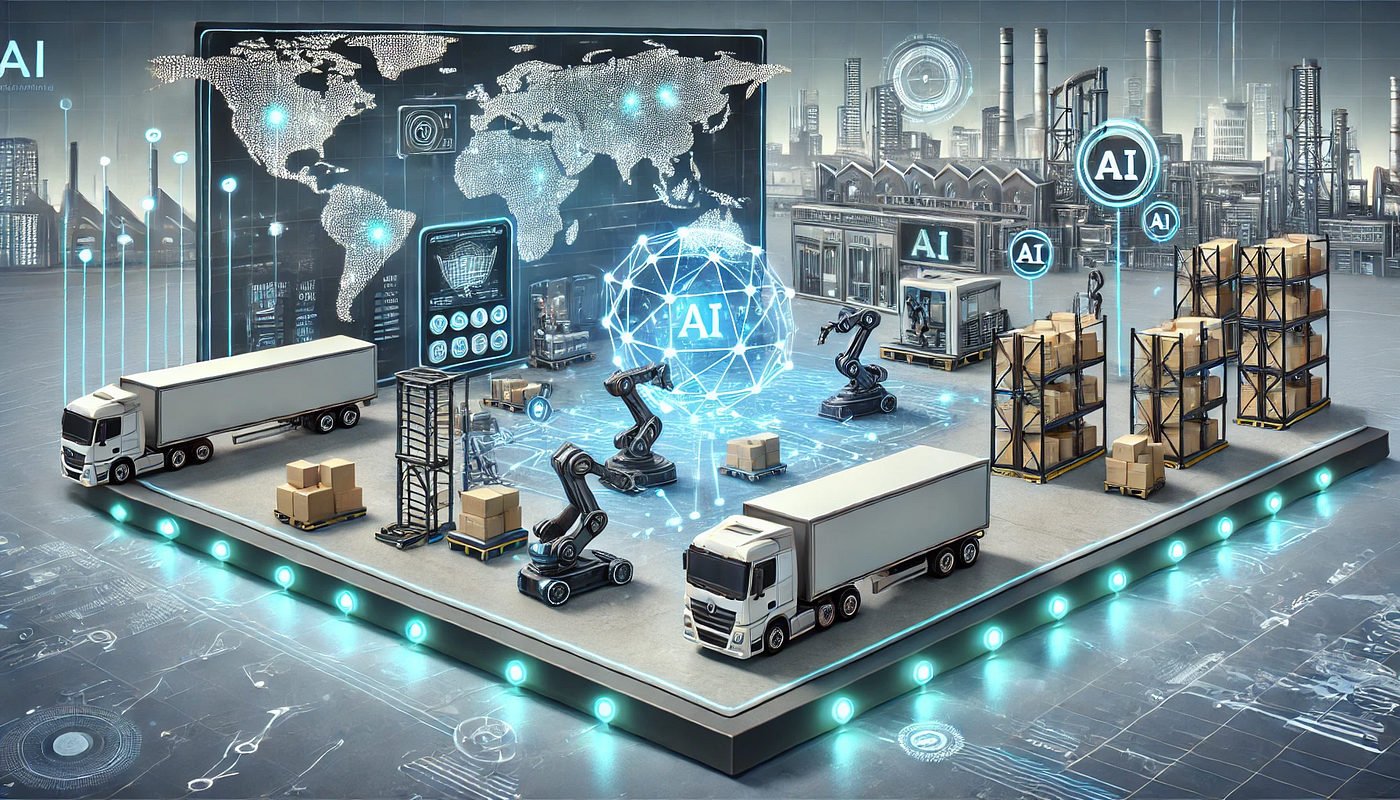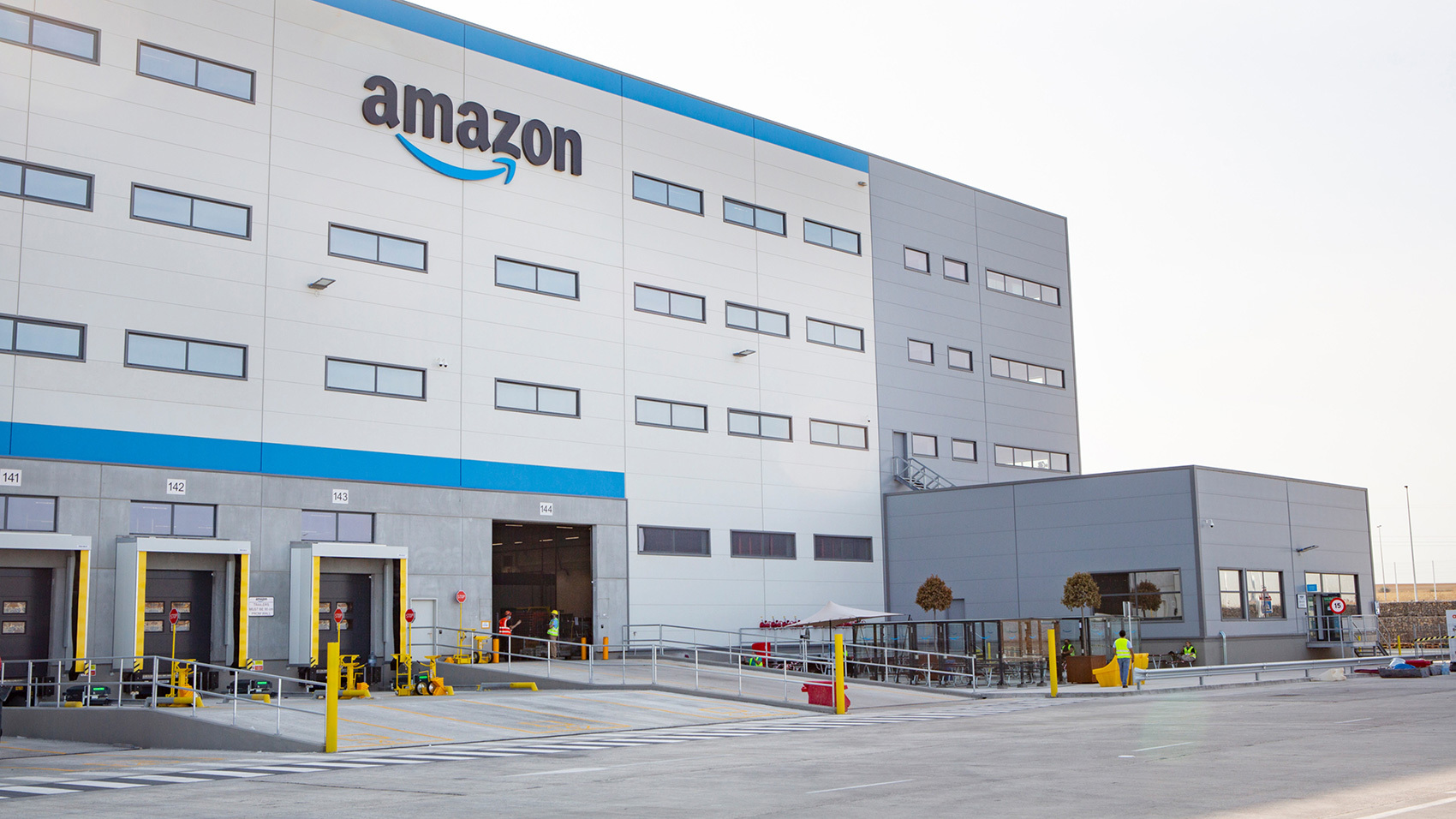networks.
How AI & Automation are Transforming Supply Chains
AI and automation are being integrated into various aspects of supply chain management, including demand forecasting, procurement, logistics, inventory management, and customer service. Here are some key areas where AI and automation are making a significant impact:
1. Demand Forecasting & Planning
Traditional demand forecasting methods often rely on historical data, which may not always account for sudden market shifts. AI-powered analytics can analyze vast amounts of real-time data, including social media trends, weather patterns, and economic indicators, to generate more accurate demand forecasts. This helps companies prevent stockouts, reduce excess inventory, and align production with consumer demand.
2. Smart Procurement & Supplier Management
AI-driven procurement platforms help businesses identify cost-effective suppliers, assess supplier performance, and mitigate risks. AI algorithms analyze supplier contracts, predict potential disruptions, and recommend alternative suppliers when necessary. Automated procurement systems streamline purchase orders, reducing manual errors and improving efficiency.
3. Logistics & Transportation Optimization
AI and automation play a crucial role in optimizing logistics and transportation networks. AI-powered route optimization software helps businesses identify the most efficient delivery routes, reducing fuel consumption and transit times. Predictive analytics can forecast potential disruptions, such as traffic congestion or extreme weather conditions, allowing logistics teams to make proactive adjustments.
4. Warehouse Automation & Robotics
Modern warehouses are increasingly adopting robotic process automation (RPA) and AI-driven solutions to enhance efficiency. Autonomous mobile robots (AMRs) and robotic arms automate material handling, sorting, and packing, reducing dependency on manual labor. AI-driven warehouse management systems (WMS) optimize space utilization, track inventory in real-time, and streamline order fulfillment.
5. Inventory Management & Optimization
AI-based inventory management systems use predictive analytics to maintain optimal stock levels, minimizing carrying costs and reducing wastage. Automated restocking solutions ensure that products are replenished based on real-time demand fluctuations, improving supply chain efficiency.
6. Customer Service & Order Fulfillment
AI-driven chatbots and virtual assistants are revolutionizing customer service in supply chain operations. These intelligent systems provide real-time order tracking updates, handle customer queries, and resolve issues without human intervention. AI also enables personalized customer experiences by analyzing buying patterns and recommending relevant products.
Benefits of AI & Automation in Supply Chain Management
The integration of AI and automation in supply chains offers numerous advantages, including:
- Enhanced Efficiency: Automation reduces manual intervention, speeds up processes, and minimizes errors.
- Cost Reduction: AI-driven insights optimize procurement, inventory management, and logistics, reducing operational costs.
- Improved Decision-Making: AI-powered predictive analytics help supply chain leaders make informed, data-driven decisions.
- Increased Resilience: AI helps businesses anticipate and mitigate risks, ensuring supply chain continuity.
- Sustainability & ESG Compliance: AI-driven optimization reduces carbon footprints by improving transportation efficiency and minimizing waste.
Challenges & Considerations
Despite its advantages, implementing AI and automation in supply chains comes with challenges such as:
- High Initial Investment: Deploying AI solutions and automation technologies requires significant capital investment.
- Integration Complexity: Many businesses struggle with integrating AI-powered tools into their existing legacy systems.
- Data Privacy & Security Risks: AI systems rely on vast amounts of data, making cybersecurity a critical concern.
- Workforce Adaptation: Employees need upskilling to work alongside AI-driven technologies and automated systems.
Future of AI & Automation in Supply Chains
As AI and automation continue to evolve, future supply chains will become more autonomous, predictive, and customer-centric. Emerging technologies such as machine learning, blockchain, and IoT (Internet of Things) will further enhance supply chain visibility, security, and efficiency.
Businesses that embrace AI and automation today will gain a competitive edge, achieving greater agility, cost savings, and resilience in an increasingly complex global market.
Conclusion
AI and automation are no longer futuristic concepts but essential drivers of modern supply chain transformation. Companies that integrate these technologies effectively will improve operational efficiency, enhance customer satisfaction, and future-proof their supply chains against disruptions. Now is the time for organizations to invest in AI-driven innovations and automation strategies to stay ahead in the evolving supply chain landscape.
.png)
.png)







